If Liz Truss is named prime minister next week, her administration will look rather different to the government of the past few years. Rishi Sunak has suggested he won’t accept any job offer. Michael Gove, a Sunak supporter, has pre-emptively ruled himself out. Other prominent backers are expected to join the pair on the backbenches – such as the Deputy Prime Minister and Justice Secretary, Dominic Raab.
Already a subscriber? Log in
Subscribe for just $2 a week
Try a month of The Spectator Australia absolutely free and without commitment. Not only that but – if you choose to continue – you’ll pay just $2 a week for your first year.
- Unlimited access to spectator.com.au and app
- The weekly edition on the Spectator Australia app
- Spectator podcasts and newsletters
- Full access to spectator.co.uk
Or
Unlock this article
You might disagree with half of it, but you’ll enjoy reading all of it. Try your first month for free, then just $2 a week for the remainder of your first year.


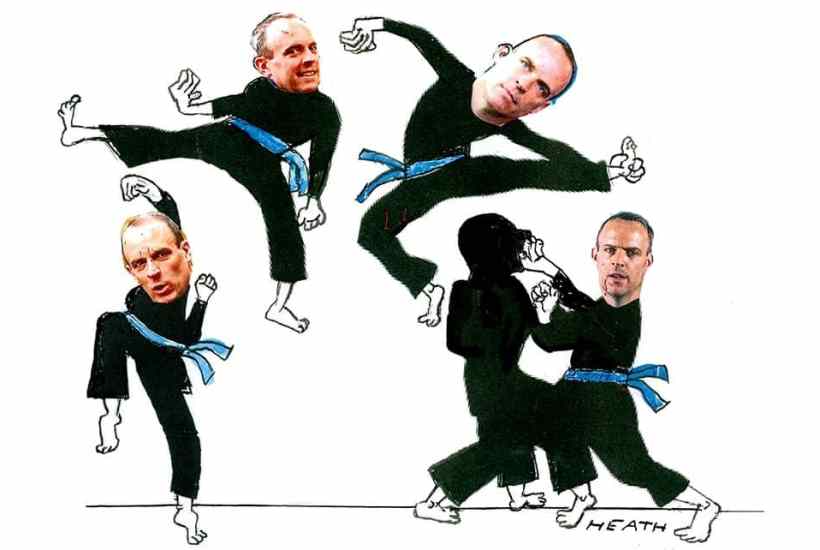
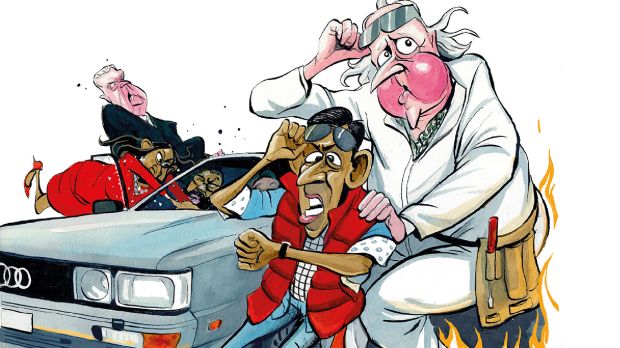
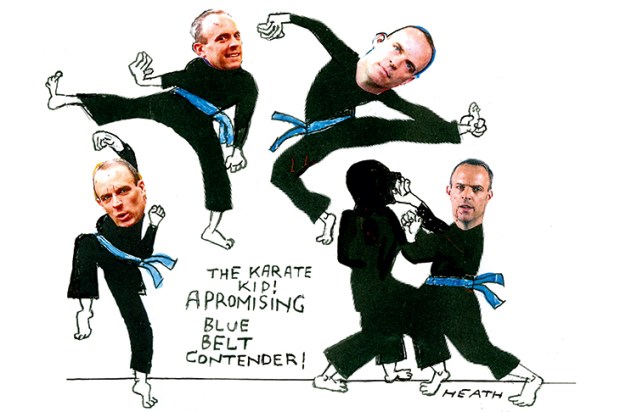
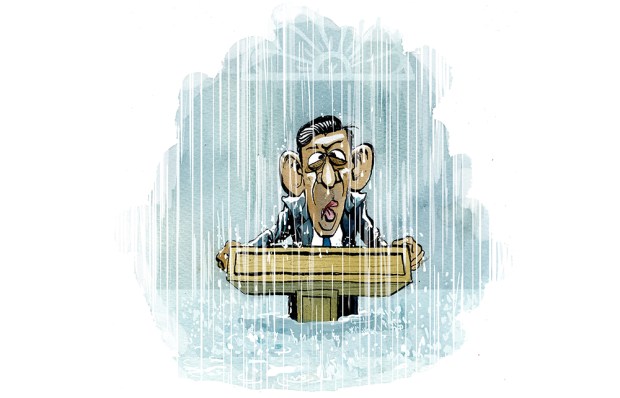
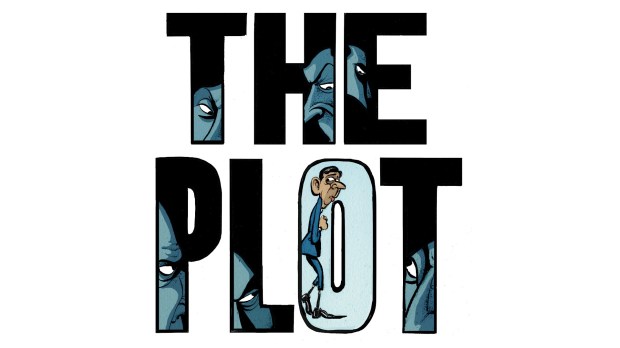
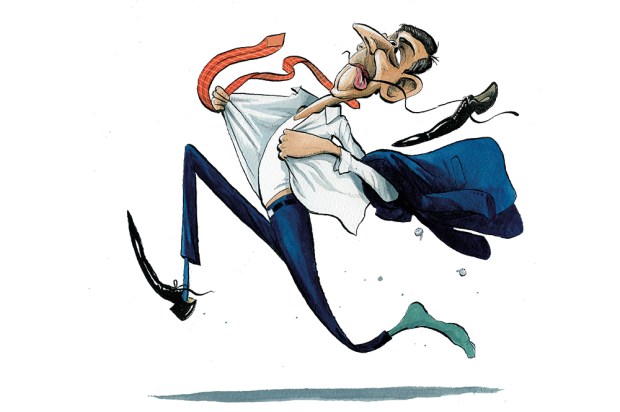
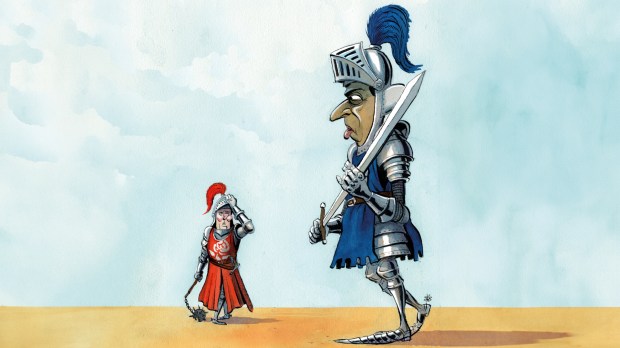






Comments
Don't miss out
Join the conversation with other Spectator Australia readers. Subscribe to leave a comment.
SUBSCRIBEAlready a subscriber? Log in